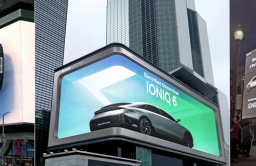-
KOSPI 2812.05 +41.21 +1.49%
-
KOSDAQ 756.23 +6.02 +0.80%
-
KOSPI200 376.54 +6.64 +1.80%
-
USD/KRW 1373 3.00 -0.22%
Beijing Hyundai to launch two EVs only for China for revival
Electric vehicles
Beijing Hyundai to launch two EVs only for China for revival
The Hyundai-BAIC JV aims to sell 520,000 vehicles in 2025, hoping the two new EVs help recover business
By
Jul 18, 2022 (Gmt+09:00)
2
Min read
News+
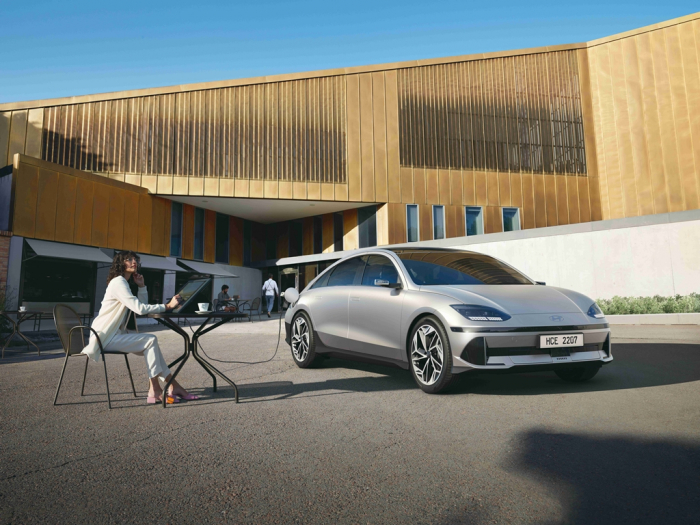
Hyundai Motor Co.'s joint venture in China plans to launch two electric vehicle models dedicated to the mainland next year to revive its ailing business in the world’s largest automobile market.
“It takes three years to rebuild a brand at least,” said an industry source in Seoul. “A turnaround from next year will allow the company to accomplish the 2025 target.”
Hyundai is expected to report robust earnings this year despite the sluggish Chinese business thanks to its strong sales in other markets such as the US and Europe. But the automaker could not give up the world’s biggest market of both internal combustion engine cars and EVs.
MARKET SHARE OF LESS THAN 1%
The 20-year-old JV has been losing ground in China with its sales more than halving to 94,158 units in the first half from 194,085 units a year earlier. Its market share fell to 0.8% in June, 1.2 percentage points lower than a year ago.
“The share shrank back to a level 20 years ago when it entered the market,” said another industry source.
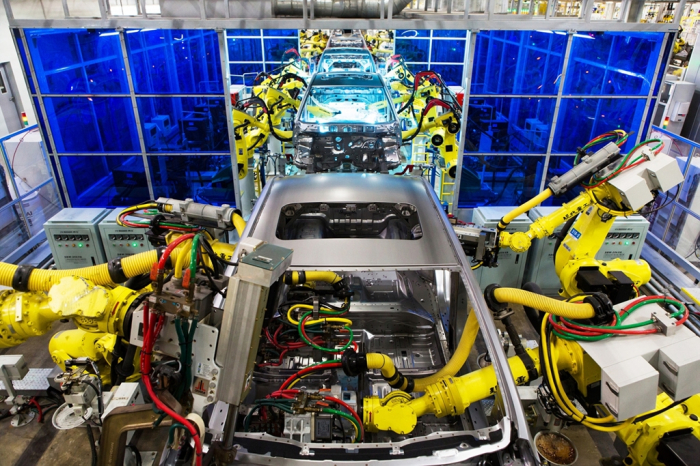
Hyundai, which made inroads into China in 2002, had rapidly grown on poor performances of US automakers during the 2008-09 global financial crisis, and Toyota Motor Corp.’s massive recalls. In 2016, Hyundai sold as many as 1.1 million vehicles in China.
But its sales in the country have been declining since 2017 when South Korea decided to deploy the US-led Terminal High Altitude Area Defense (THAAD) anti-missile system despite very strong objections from Beijing.
In addition, Hyundai failed to meet the growing demand for larger and higher-end vehicles in the market.
Beijing Hyundai last year sold one of five factories last year, cutting about 2,500 employees. Despite the moves, the JV suffered a loss of some 1 trillion won ($760 million) in 2021 after a similar deficit in the previous year.
In March, Hyundai and BAIC decided to increase the capital of Beijing Hyundai by $942 million mostly for the EV business with each shouldering half of the investment in the JV.
Write to Il-Gue Kim at black0419@hankyung.com
Jongwoo Cheon edited this article.
More To Read
-
Jul 07, 2022 (Gmt+09:00)
-
 Electric vehiclesKia Sportage speeds up Hyundai’s eco-friendly push
Electric vehiclesKia Sportage speeds up Hyundai’s eco-friendly pushJun 19, 2022 (Gmt+09:00)
-
 Electric vehiclesHyundai, Kia speed up expansion in European EV market
Electric vehiclesHyundai, Kia speed up expansion in European EV marketMay 30, 2022 (Gmt+09:00)
-
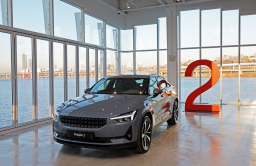 Electric vehiclesChina rules EV market with fleet sales; Hyundai targets retail
Electric vehiclesChina rules EV market with fleet sales; Hyundai targets retailMar 15, 2022 (Gmt+09:00)
-
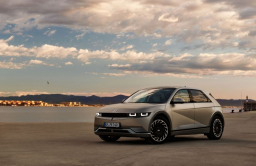 Electric vehiclesHyundai, BAIC Motor to inject $942 mn in China JV for EVs
Electric vehiclesHyundai, BAIC Motor to inject $942 mn in China JV for EVsMar 20, 2022 (Gmt+09:00)
-
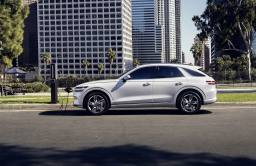 Electric vehiclesHyundai accelerates electrification strategy, targets 7% of EV market
Electric vehiclesHyundai accelerates electrification strategy, targets 7% of EV marketMar 02, 2022 (Gmt+09:00)


